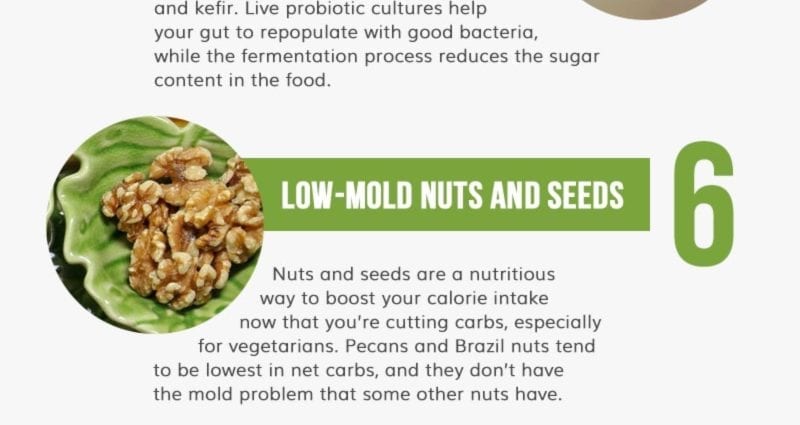Contents
General description of the disease
Thrush is an inflammatory sexually transmitted disease caused by fungi Candida, which normally enter the microflora of the vagina, mouth and colon and begin to multiply actively with a decrease in local or general immunity.
Thrush is provoked by:
infection through sexual contact, antibiotic treatment, diabetes mellitus, the last three months of pregnancy, HIV infection.
Prerequisites for the development of thrush:
severe emotional stress, a sharp change in climate, excessive passion for sweets, the use of hormonal contraceptives, violation of personal hygiene rules, wearing synthetic and tight underwear, trousers, wet underwear after sports activities or bathing, the use of deodorized tampons and pads, vaginal sprays and perfumed showers or colored toilet paper, hypothermia or cold, menopause, frequent vaginal douching, intrauterine device.
Symptoms of thrush
- among women: itching and burning of the external genital organs, cheesy white discharge, pain when urinating and during intercourse;
- in men: itching and burning of the foreskin and glans penis, their redness, white bloom on the genitals, pain during urination and during intercourse.
Useful products for thrush
It is very important for the prevention of thrush and during treatment, as well as to prevent its recurrence, to adhere to a special diet.
The diet should include:
- some dairy products in small quantities (kefir, butter, natural yogurt);
- fresh, stewed or baked vegetables (Brussels sprouts, broccoli, beets, carrots, cucumbers)
- greens (dill, parsley);
- lean meats (rabbit, chicken, turkey meat) and fish – dishes from them should be steamed or in the oven;
- offal (kidney, liver);
- seafood;
- vegetable fats (flaxseed or olive oil);
- sesame seeds and pumpkin seeds;
- sweet and sour varieties of fruits and berries (for example: plums and green apples, sea buckthorn, cranberries, blueberries);
- cereals (various natural cereals: oats, rice, barley, millet, buckwheat) and legumes;
- lemons, garlic and lingonberries can reduce the amount of Candida;
- carrot juice or seaweed creates an unfavorable environment for the growth of Candida in the body;
- spices (cloves, bay leaves and cinnamon);
- antifungal products (propolis, red pepper).
Early breakfast: salad of apples and fresh cabbage, two hard-boiled eggs, brown bread with butter, herbal tea.
Late breakfast: low-fat cheese, stewed eggplant with vegetables, natural grapefruit and orange juice.
Dinner: meat broth with meatballs, baked pike perch with vegetables, rosehip broth.
Afternoon snack: weak tea with lemon.
Dinner: cabbage rolls, baked pumpkin, fresh plums or apples compote.
Folk remedies for thrush
- decoctions of clover, chamomile, alfalfa, plantain;
- herbal teas from rose hips, leaves and fruits of mountain ash, dry carrot herb, hawthorn, string leaves, oregano, black currant berries or burdock root;
- infusion of plantain, calendula, chamomile, eucalyptus, yarrow and sage.
- use an oil infusion of calendula, poplar and birch buds for baths of the genitals once a day for 10 minutes (dilute the infusion in the ratio of two tablespoons to half a liter of boiled water);
- infusion of lavender, nettle root, string herb and oak bark in a ratio of 1: 2: 1,5: 3 (pour a tablespoon of the collection of herbs with an incomplete glass of boiling water, brew for two hours, add the same volume of boiling water) use for evening hygiene of the genitals ;
- decoction of wormwood root (pour a tablespoon of the root with a glass of boiling water), use a tablespoon of the decoction three times a day;
- infusion of juniper fruits (pour a tablespoon of the root with a glass of boiling water, leave for four hours), use a tablespoon of the broth three times a day;
- decoction of eucalyptus globular (pour two tablespoons of eucalyptus leaves with a glass of boiling water) rinse the genitals.
Dangerous and harmful foods for thrush
- sugar, sweet dishes and yeast products (baked goods, pastries, pastries, honey, cakes, ice cream, chocolate and sweets) create a breeding ground for the causative agent of thrush (Candida fungus);
- alcoholic beverages, pickles, vinegar and products that contain it (ketchup, soy sauce, mayonnaise) contribute to the spread of the fungus;
- pickled mushrooms, fatty foods, carbonated drinks, caffeine, spicy and spicy dishes, pickled dishes, canned foods and smoked meats, tea.
- some dairy products (milk, yogurt with fillers, sour cream, yogurt, sourdough).
Attention!
The administration is not responsible for any attempt to use the information provided, and does not guarantee that it will not harm you personally. The materials cannot be used to prescribe treatment and make a diagnosis. Always consult your specialist doctor!











داداش نوشته بودید سوسک پخته شده هر چی گشتم گیر نیاوردم ولی جلبک دریایی بود